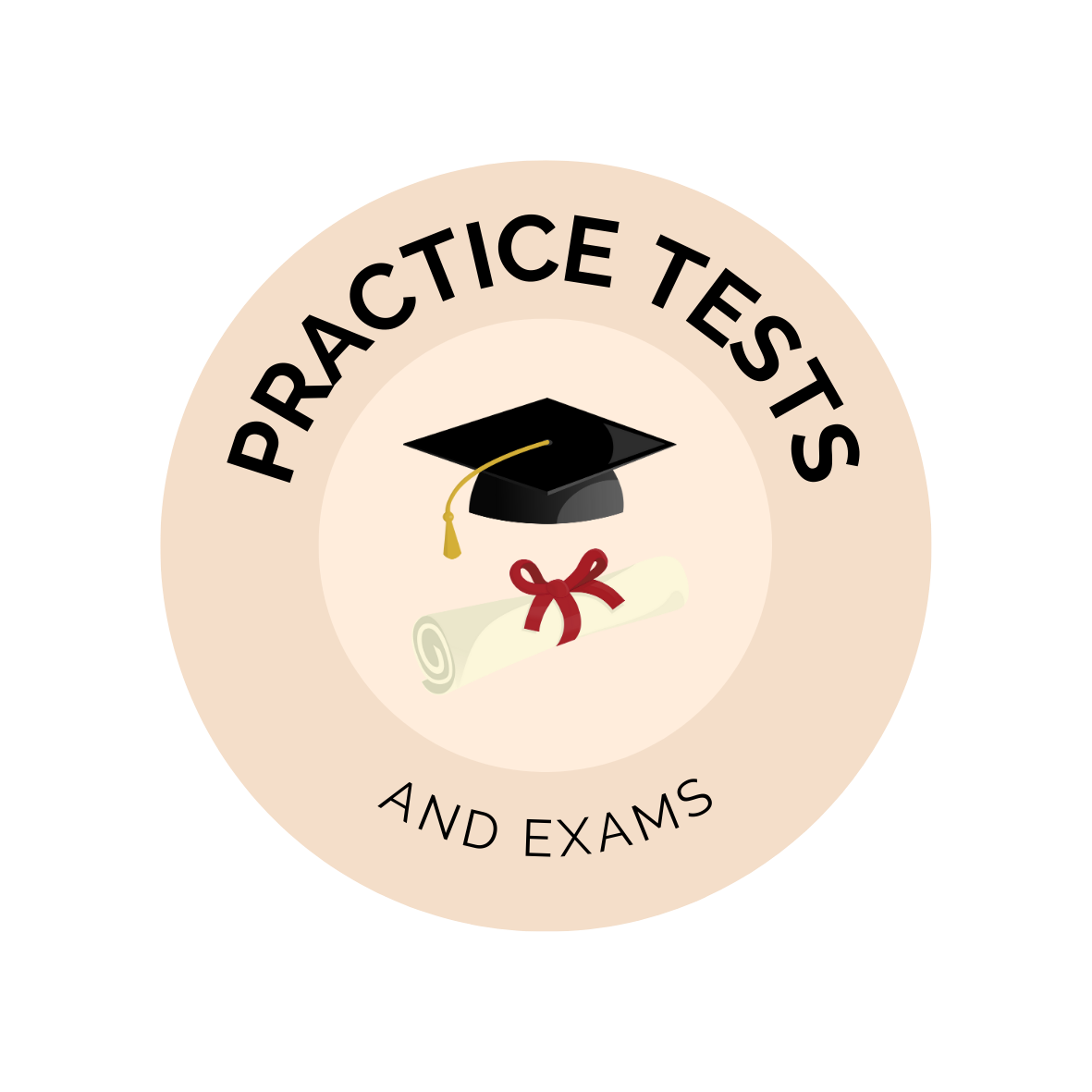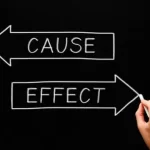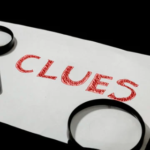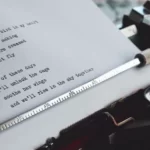Beyond the Text: Fostering Critical Thinking in Reading
Critical thinking in
Keep reading to learn how to promote critical thinking in your reading experience.
Importance of Critical Thinking in Reading Comprehension
Sharpening Analytical Skills
When you read critically, you become better at thinking by breaking down and understanding how an argument is put together. You also learn to recognize if the writer has any preferences and judge the proof they provide in the context of what you're reading.
It's looking closely at how things are said and figuring out if there are any things to pay attention to.

Enhancing Problem-Solving Abilities
Reading critically helps you approach problems with a smart and careful mindset. It makes you think about different views and possible solutions based on the information you're reading. It's looking at a situation from different angles and thinking about what might work best.
Facilitating Informed Decision-Making
Whether you're in school or just doing your own thing, thinking critically when you read helps you make smart decisions. It means you decide things based on the evidence and good reasons you find in what you're reading. It's making choices after really thinking about them and using the information you've got.
Practical Tips for Fostering Critical Thinking in Reading Comprehension
Ask Questions
Tell readers to ask questions about what they're reading. Like, what's the main point the author is making? What proof do they give? Are there other ways to see things? Asking these questions helps you really get into what you're reading and makes your thinking sharper. It's being curious and digging deeper into the stuff you read.

Make Connections
Help readers link what they're reading to their own experiences, other things they've read, or things happening in the real world. Making these connections helps you understand and put the information in context, so you really get what you're reading. It's making the material relate to your own life, making it easier to understand.
Evaluate Sources
When you're reading stuff, make sure it's from places you can trust. Check if the information seems to only show one side of the story. Being careful about where you get your information is important to really understand what you're reading. It's like making sure your sources are reliable and fair.
Discuss with Others
Talking about what you're reading with friends or teachers can help you see different views and make you think harder. It also provides an opportunity to refine and articulate ideas within the context of the reading material.
Practice Summarizing and Synthesizing
Summarizing means talking about the main things you learned, and synthesizing is putting together information from different places. Doing this helps you really understand complicated stuff you're reading. It's like bringing together all the important bits to make it easier to understand what you're reading.
Final Words
In a world where information is always changing, being good at critical reading is a skill that helps you make sense of a lot of knowledge. Thinking critically while reading isn't just about understanding the words; it's also about acquiring the skills you need to do well in school, at work, and in your daily life.
So, practice it by asking questions, connecting ideas and making it a habit to think carefully. This helps a lot in our fast-paced and information-filled world.
Also, check out our skill builders—they're designed to help students get much better at reading comprehension. Best of luck!





0 comments